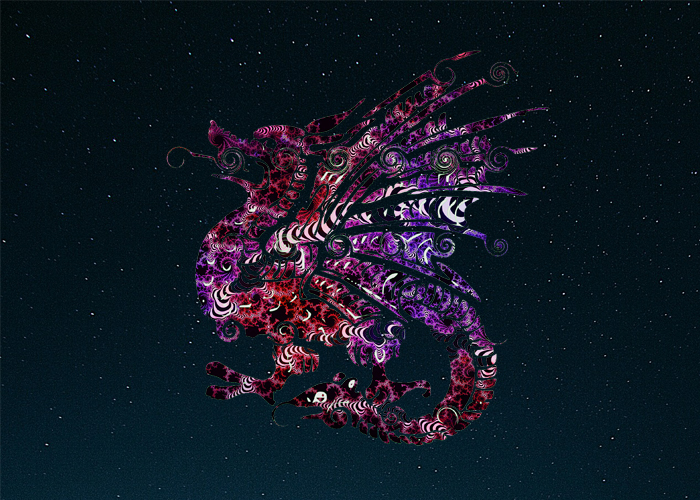What Monsters Are You Feeding?

In November of this year, I took a break from Facebook, my first break since 2016. Over the past three years, I have managed Facebook groups and pages without a meaningful rest. I was exhausted. My break restored my attention span and my patience, but it also made me realize how much I’ve grown to hate Facebook. Through our likes and posts and comments, we’re all unknowingly feeding monsters on Facebook through an altered lens of reality.
First off, Facebook does not care about your privacy. It’s not a news flash that if a web product is free, then you are the product. Facebook sells your data to make money. Plain and simple. We all need to question what entities are using our data and for what purposes.
Mark Zuckerberg/Facebook is in bed with Peter Thiel, founder of PayPal, Palantir Technologies, and Founders Fund. If you don’t know anything about the big data-mining firm Palantir, read up on it. Your information is not private, and what’s worse is that you might be added to lists tracking certain individuals of interest.
Facebook refuses to police the platform for fake news content. This allows disinformation to proliferate throughout the network, distorting reality for all of us. We live in a post-truth world where people argue about plain facts caught on film for all the world to see.
Why would Facebook allow fake news to proliferate? Facebook does not want the overhead of accepting the responsibility that media companies are supposed to take. Facebook argues that in allowing such content on its platform that it is protecting free speech. Chaos and division is Facebook’s goal as engagement is everything in metrics. As we’ve all witnessed over the last several years, name-calling, arguing, blocking, etc have picked up on Facebook. These active posts with people fighting help build the advertising metrics for Facebook, and as a result, you’ll find that you see more and more of the same inflammatory content appearing in your newsfeed. You’ll also find that you get more ads either for or against topics that enrage you. Facebook does not care about your mental health or your friendships. Facebook wants you sharing content that further entrenches people on both sides of an argument. This engagement ensures that people will keep coming back for more, to defend their arguments, to poke at people who disagree, to divide, divide, divide.
We all need to consider who is profiting off the division in this country. Facebook is making big money off all this chaos and division, and Mark Zuckerberg is terrified of having to pay taxes on his enormous wealth. We, the users of Facebook, are the losers. We are losing friends, our tempers, our trust, and all our personal information. We’ve been feeding the monsters on Facebook, and it’s time to cut them off.
I am stepping back from Facebook. The platform has been weaponized by bad actors with the full knowledge of its creators, and there is no indication that it will be reformed or regulated. There could come a time where my activist work on Facebook could come back to haunt me, and I am aware that putting these thoughts into writing could also come back to destroy my life, but I want you all to know exactly why you’ll see fewer posts and interactions from me and why you should be careful about your own interactions on the platform. Every time you post, every time you comment, ask yourself, “What monsters am I feeding?” Better yet, log out of Facebook and talk to your friends in real life. If you want to change hearts and minds, you need to have real, face-to-face conversations whether it’s out canvassing for a candidate or cause, grabbing a beer with acquaintances at a bar, or sitting down to dinner with friends. You’ll feel less isolated, and you might even come to understand your friends and neighbors more.

Good points here. As a single however, and not from the area, I’ve found it very difficult to have meaningful encounters and there are times when connecting with others on Facebook feels like a lifeline. I agree this isn’t the best way to feel connected, but I also know I feel isolated at times… would love to brainstorm in person some ways to fix this!!